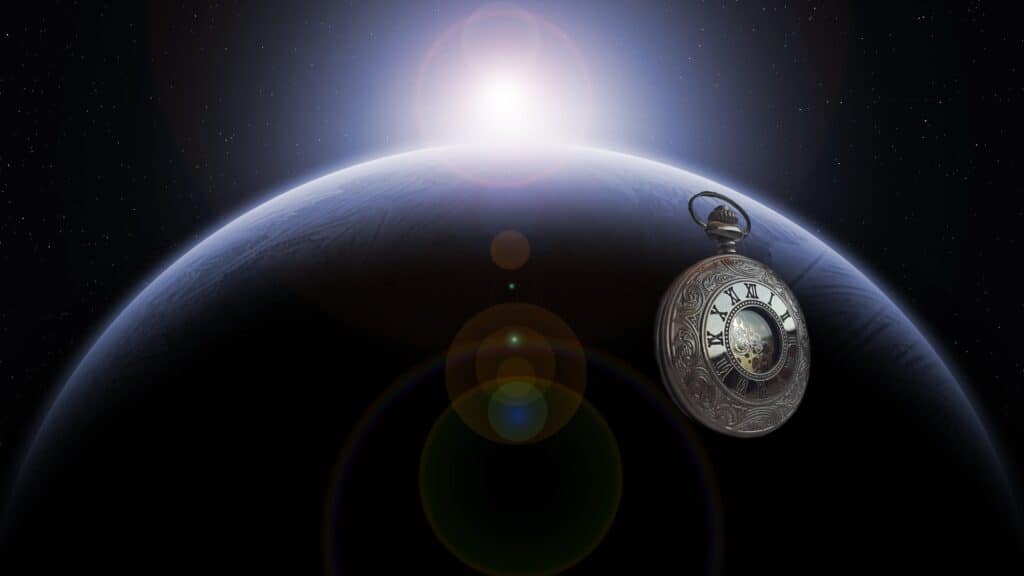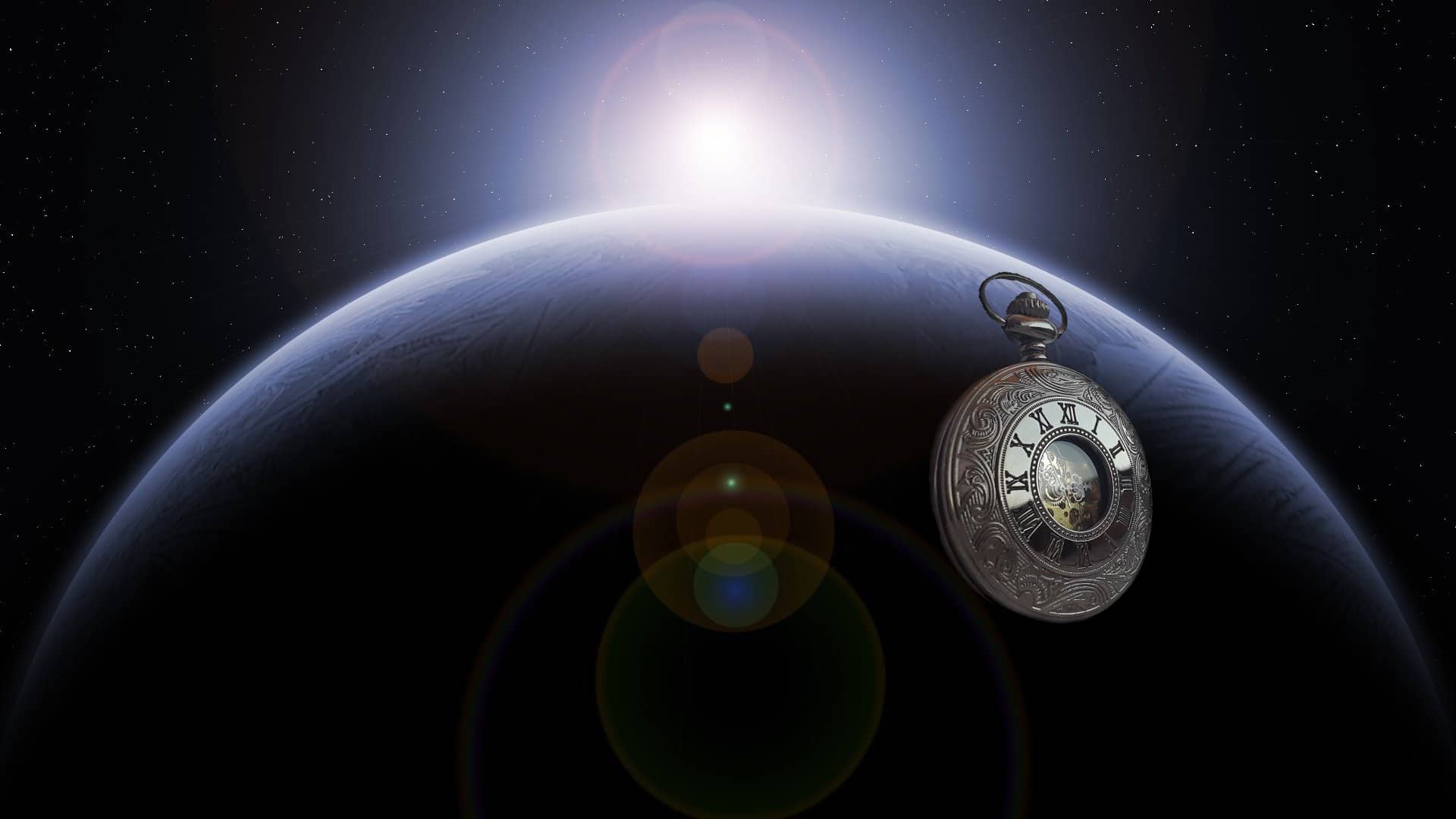The Hindu schedule depends on lunar months relating to the periods of the moon. In one year there is a year of 29.5 days, representing a sum of 354 days. The deficit implies that the date of every celebration moves back 11 days every year. To redress this, an additional jump month is included about once like clockwork. The Hindu schedule is accordingly Luni-sun oriented, with an exact month and an estimated year. The Hindu Calendar dives from the Vedic occasions. There are numerous references to calendrics in the Vedas.
In the Hindu framework, a new day begins from the hour of sunrise. In the western framework, the new day starts from 0000 12 PM. For instance, if a kid is conceived at 0300 hrs on December 27, 2017, the day of his introduction to the world will be taken as Tuesday, PAUSH SHUKLA DASHAMI. In the western framework day of birth will be Wednesday.

The Panchānga
The Hindu calendrical day begins with nearby dawn. It is apportioned five “properties”, called anga-s. They are:
- The tithi dynamic at dawn
- The Basara or non-weekend day
- The nakshatra in which the moon lives at the dawn
- The yoga dynamic at dawn
- The Karana dynamic at dawn.
Together these are known as the panchāngas where Pancha signifies “five” in Sanskrit.
The Day
The day typically starts at daybreak, or not long previously, as per which cosmic and prophetic frameworks are utilized. The day is partitioned into 15 muhurtas, each of around 48 minutes, and the night is comparatively separated. Customarily Brahmanas serenade the Gayatri mantra at dawn, early afternoon, and nightfall because these are viewed as especially significant times. The initial two muhurtas (around 60 minutes) of the morning before daybreak are viewed as generally favorable, particularly for otherworldly practices.
The Week
The week is separated into seven days, each relating to one of seven planets, precisely as in the West. No day is especially uncommon except for when each is identified with a particular divinity. For instance, Monday is regularly connected with Shiva and Tuesday with Hanuman. Hindus may perform diets and discuss petitions to ask a specific divinity on the comparing day of the week.
The Month
Inside every month, there are two “fortnights,” each consisting of 15 “lunar days.” Although the sun based and lunar days start at various occasions, each sun based day is attributed to one specific lunar day numbered from one to fifteen, both of the splendid fortnight (waxing moon) or the dull fortnight (disappearing moon). Months normal out to 29.5 days, so every so often a day will be dropped. For instance, in one month, the fourth day of the waxing moon might be trailed by the 6th.
There are two fundamental schedules. In North India, the month, for the most part, starts with the full moon, in South India with the new moon. Celebration days will even now fall around the same time, or intently, yet the name of the month might be extraordinary. For instance, Krishna’s Birthday falls on the eighth day of the full moon; in the North, this is in the period of Bhadra; in the South in Shravana.
The Year
Beginning with Makar Sankranti, the sun’s passageway into Capricorn – is separated into equal parts and six seasons. There are different methods of retribution during the New Year; most regular is the day after the new moon in the long stretch of Chaitra or, in Gujarat, the day after the Diwali new moon. Different times are utilized for numbering the years; the most well-known are the Vikrami Era, starting with the crowning celebration of King Vikramaditya in 57 BCE, and the Shaka Era, checking from 78 CE. In customs, the cleric frequently declares the dates as indicated by KaliYuga, (see Kala: Time). For these three frameworks, the year 2000 relates to 2057, 1922, and 5102 individually, however, the last figure is dependent upon some discussion.
Understanding the Time of Panchang
The time appeared in Panchang as 27:44:45+ isn’t altogether different from standard HH:MM: SS time design followed all around. At times seconds are eliminated when a mistake of one moment is worthy.
The + (in addition to sign) soon after the Muhurta time shows that the time is an afternoon for example on the following day on Gregorian or English Calendar. This is expected to speak to dawn to dawn day term for the Hindu schedule. According to Hindu Calendar, the current day doesn’t get over at noon however it gets over at dawn on the following day. Indeed, even new non-weekend days, for example, Monday, Tuesday, and so on begin after dawn, and because of this portrayal non-weekend days from earlier days proceed till dawn.
All beginning and end timings which fall among noon and following day dawn appear in 24+ hour design. It is done to keep up the progression of the day past noon. To see such timings, if it’s not too much trouble take away 24 from it. After deduction one gets standard time for the following day on the Gregorian schedule.
For example the time 27:44:45+ on January twelfth, 2013 in the wake of taking away 24 would speak to the time 03:44:45 on January thirteenth, 2013 preceding the dawn.
It would have been anything but difficult to evade such an arrangement yet to show distinctive favorable Yoga, for example, Ravi Pushya Yoga which considers non-weekend days such portrayal of time is straightforward.
Conclusion
In the Hindu framework, a new day begins from the hour of sunrise. In the western framework, the new day starts from 0000 12 PM. For instance, if a kid is conceived at 0300 hrs on December 27, 2017, the day of his introduction to the world will be taken as Tuesday, PAUSH SHUKLA DASHAMI. In the western framework day of birth will be Wednesday.
People also ask
Where did Hinduism originate and around what date?
Most researchers trust Hinduism began somewhere close to 2300 B.C. what’s more, 1500 B.C. in the Indus Valley, close to cutting edge Pakistan. In any case, numerous Hindus contend that their confidence is ageless and has consistently existed. In contrast to different religions, Hinduism has nobody author except for is rather a combination of different convictions.
How do you fast according to Hinduism?
Here are a few instances of basic diets saw by Hindus: not sharing any food or water for a set number of days. restricting oneself to one explicit veggie-lover dinner during the day. eating or drinking just certain food types for a set number of days.
How does a Hindu begin their day?
Time to do day by day revere at the family mandir (sanctuary). It is critical to begin the day by indicating how significant God is to you and by expressing gratitude toward God. I bow down to my master, my light, and my chief. I ask that he may control me during that time to act with respectability and lowliness.
Which Panchangam is best?
The promising and fully precise Panchamgam is allocated by the India Meteorological Department, Government of India. The government distributes two sorts of Panchangam: … (2) Rashtriya Panchang: This gives Tithi, Nakshatra, Yoga and so forth right to moment and longitude of planets right to the minute.

